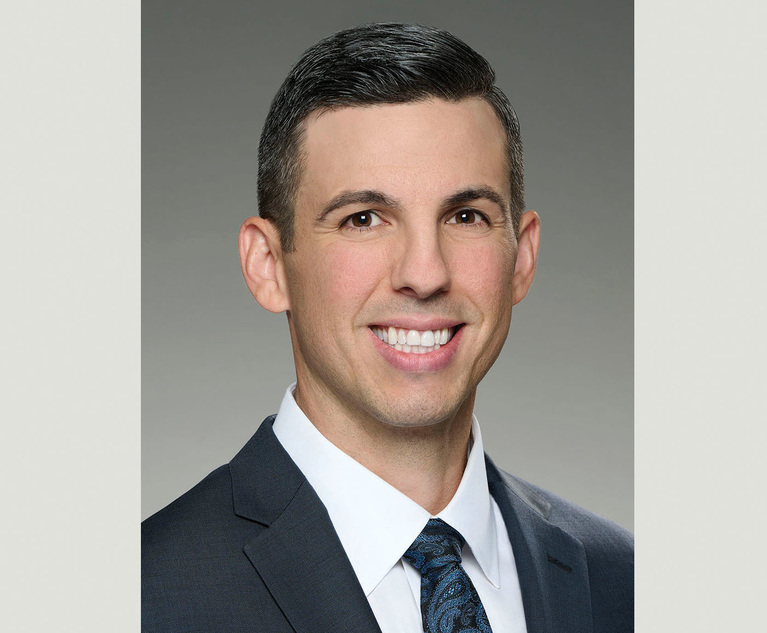May a third party bring a direct action against an insurer for coverage on a theory of subrogation when equitable subrogation does not apply and the right cannot be traced to a statute or contract? Vice Chancellor Joseph Slights, sitting by designation as a Superior Court judge, considered the question in Rodriguez v. Great American Insurance, C.A. No. N21C-11-051 JRS, 2022 WL 591762 (Del. Super. Feb. 23, 2022), found the answer to be unclear, but determined in the end that he did not need to tackle the “difficult task” of resolving the question.
Plaintiffs, former stockholders of Zhongpin Inc., a Delaware corporation whose principal offices were located in China, were certified as class representatives on behalf of stockholders in a class action against company fiduciaries. The class action complaint alleged that the controlling stockholder of Zhongpin had proposed to acquire the shares of the company that he did not own at an unfair price and caused the company’s board to reject better offers from others, without due deliberation, in favor of his own proposal. After defendants’ counsel was permitted to withdraw because the defendants failed to pay them, the defendants neither engaged new counsel nor appeared pro se, and stopped participating in the litigation. As a result, the plaintiffs obtained a default judgment against several of the defendant fiduciaries. However, the plaintiffs were unable to execute on the default judgment against any of the defendants, presumably because they all resided in China.


 Barry M. Klayman, left, and Mark E. Felger, right. Courtesy photos
Barry M. Klayman, left, and Mark E. Felger, right. Courtesy photos




